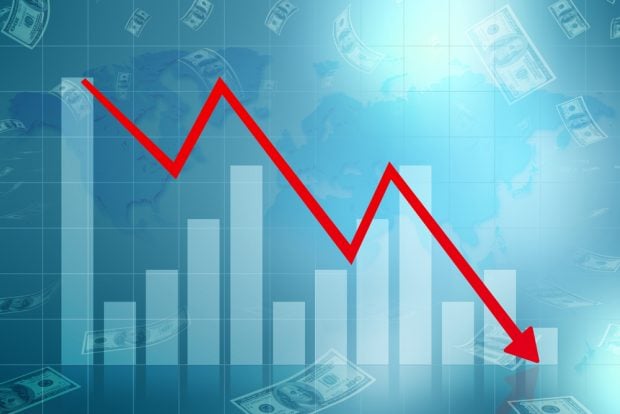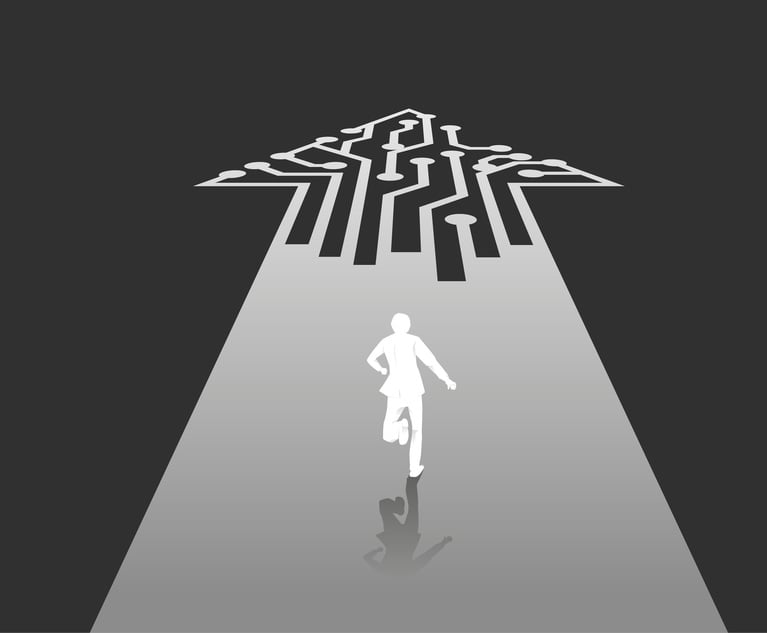Despite industry resistance, doubts and insufficient funding, a Washington group is not giving up on creating a credit union to provide equality in delivering financial services to the lesbian, gay, bisexual, transgender and queer community.
In a 2014 interview with CU Times, Equality Washington Founder Phillip Endicott detailed the need to establish a credit union that would serve the diverse and unique financial needs of LGBTQ people who continue to experience discrimination, including credit discrimination, in the financial services industry despite the growing social acceptance of their lifestyles.
The goal of Equality Washington's five board members and other supporters was to open Equality Credit Union in Seattle by 2015 and eventually serve a national membership.
Recommended For You
Equality Washington received support from some credit unions and industry professionals, but the organization was unable to amass sufficient funding to finance start-up operations and meet federal and state requirements.
What's more, Endicott said he ran into a wall of doubts or unwillingness from some industry professionals about the idea for the cooperative. Others questioned the need for an LGBTQ credit union.
"Some credit unions and banks are very reluctant to extend a helping hand to this community because there is concern over whether it will be successful or they don't understand how to reach out to a minority group that is fighting exposure as an angry community or a community that is not immediately accepted," Endicott explained. "That is not a community that you rush to necessarily unless you really understand it. We found there was a lot of reluctance and misunderstanding."
Endicott spoke with a CEO of a multibillion-dollar credit union who said his staff was trained to ensure no one feels a sense of discrimination and turns a blind eye to any differences so that no one feels unwelcomed or rejected.
"That's sort of an old school approach to nondiscrimination, but what we really need is an understanding of the LGBTQ communities," Endicott said. "What we need is to open our eyes not to close them. We need to understand the financial struggles that people have. Only until we really understand that can we understand where somebody comes from and address those needs."
Despite the setbacks, Endicott and Equality Washington board members remain steadfast in devoting their time and resources to eventually reaching their goal of establishing a LGBTQ cooperative.
Since Equality Washington introduced its idea two years ago, some credit union professionals and organizations have recognized that the LGBTQ market is a potential growth market for cooperatives. While many are familiar with the LGBT acronym, the "Q" stands for "queer or questioning." These terms are relatively new and come from millennials who are still questioning their sexuality and don't consider the word queer to be a derogatory term.
There are approximately nine million LGBT people in the U.S. and more than 650,000 same-sex married couples. About 19% of those same-sex couples are raising children, according to the U.S. Census Bureau.
While the LGBTQ community is becoming more accepted in mainstream society, large segments of its population continue to struggle with financial marginalization and discrimination, according to a 2015 Filene Research Report.
Because credit unions were formed to meet the needs of the underserved, the LGBT community could potentially become a boon for credit unions over the long run, the report noted.
"Awareness, language and service are key to effective LGBT outreach," the report said. "To develop an LGBT-friendly culture, a key challenge for credit unions is to assure LGBT members that they will receive the same high-quality, personalized service that every member expects. That includes fair pricing, an equal shake in credit review, and the right product for their situation. To deliver services seamlessly, competencies on a few important details – such as mortgage paperwork for same sex couples – can go a long way."
Michael Beall, a senior consultant at Credit Union Strategic Planning in Tacoma, Wash., has been working with Equality organizers over the past six months.
"One of the questions for this project is whether there is a need for a separate LGBT credit union," Beall said. "And I think the answer from a lot of folks is that we know LGBT folks use credit unions every day through their workplace or through their communities. But the social climate, post-gay marriage, is still a difficult one. We're going through a period right now in this country where in 29 states you can lose your job for being gay or lesbian."
In addition, in 29 states it's legal for financial institutions to consider sexual orientation a credit risk because they do not have laws that prohibit credit discrimination for sexual orientation and gender identity, according to the Filene report.
"The LGBT community is underserved by financial institutions as a result of credit discrimination," according to the report. "Many LGBT people lack reliable access to credit for education, for small businesses or for mortgages. Financial needs in the face of discrimination make LGBT borrowers vulnerable to predatory lending practices."
The absence of nondiscrimination laws in more than half the states may also explain why 52% of same-sex couples held mortgages compared to 62% of heterosexual couples. And, only 8% of same-sex households owned their property outright compared to 13% of heterosexual couples, according to research by the Center for American Progress, a Washington-based progressive think tank and the Movement Advancement Project, a Denver-based LGBT research organization.
The organizations' research also showed LGBT Americans are more likely to be poor than non-LGBT Americans. More than 20% of LGBT persons make less than $12,000 a year compared to 17% of non-LGBT persons. Additionally, 30% of female same-sex couples earn less than $50,000 a year, about two percentage points more than opposite sex couples. Twenty-one percent of male same-sex couples earn less than $50,000 annually.
However, among people in the middle to upper-middle class, the average annual income by couple type was $128,000 for male same-sex couples, $101,000 for opposite sex couples and $98,000 for female same-sex couples.
What also contributes to financial hardships for LGBTQ persons are additional discriminatory issues in housing, healthcare and family lifestyles, according to CAP and MAP.
For these reasons, Beall said he believes there is a market need to provide financial services for LGBTQ persons in an environment that is safe, non-political and non-judgmental because legal cases, anecdotes and surveys show LGBTQ people still feel they are being treated differently and unfairly.
"Credit unions have always been about treating people fairly, but they also need to be sensitized on how LGBT consumers access financial services and to make sure that their product offerings and their staff is trained in a way that helps LGBT folks get the services they need," he said.
Beall said he expects to explore whether Equality can be incubated within another credit union or whether it could be a part of a field of membership with another credit union.
CU Strategic Planning may also coordinate a similar proposal to that of its current project with the U.S. Women's Chamber of Commerce. Rather than seeking its own credit union charter, the national women's organization aims to partner with an existing credit union to serve thousands of underserved female small business owners.
Even though 36% of American small businesses are owned by women, they generate only 4.23% of overall revenues, which indicates a dire need for small and microbusiness financing to help support growth, according to CU Strategic Planning. The USWCC sees a partnership with a credit union as a way to step up its efforts to address the financial challenges of women-owned small companies.
"We're contemplating putting together a similar process where we challenge the credit union movement to come forward with innovative ways in which they might serve the LGBT community," Beall said. "And we also want to see if we can link some of the LGBT national associations into the process and also try to start an LGBT credit union professionals group that might come together."
© Touchpoint Markets, All Rights Reserved. Request academic re-use from www.copyright.com. All other uses, submit a request to [email protected]. For more inforrmation visit Asset & Logo Licensing.







